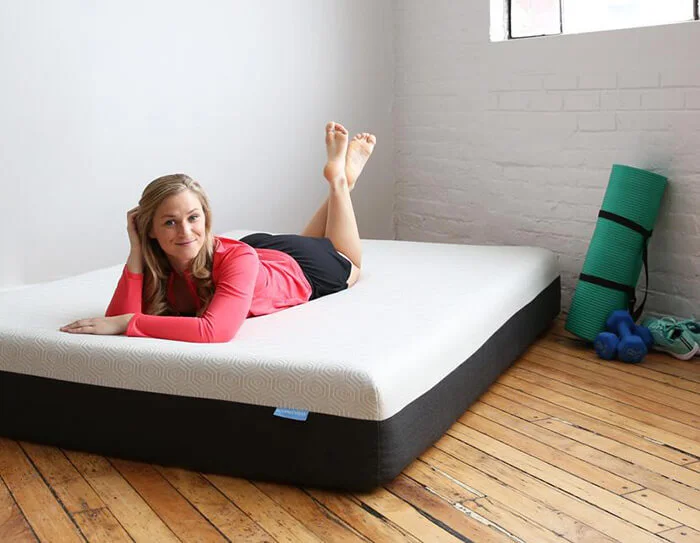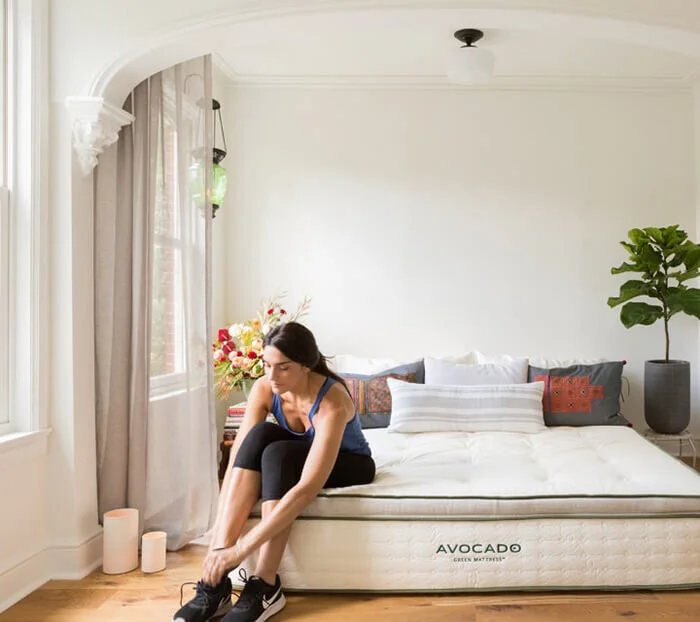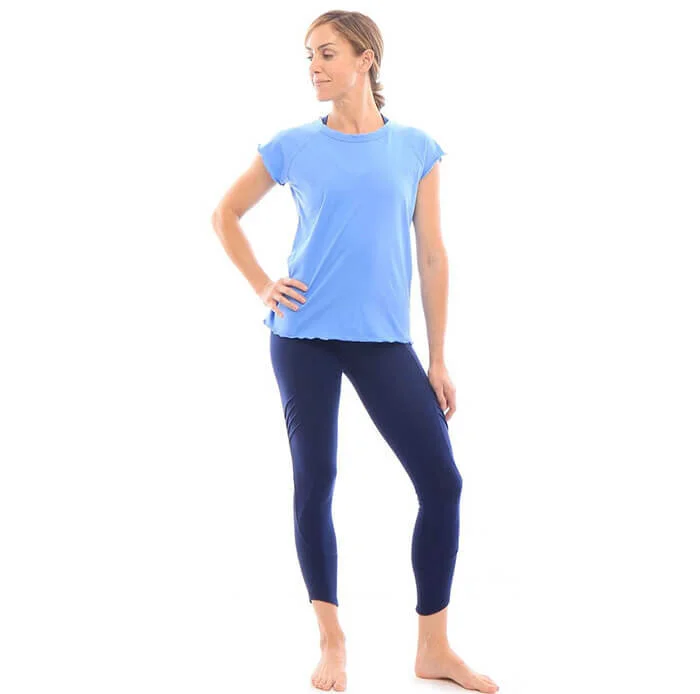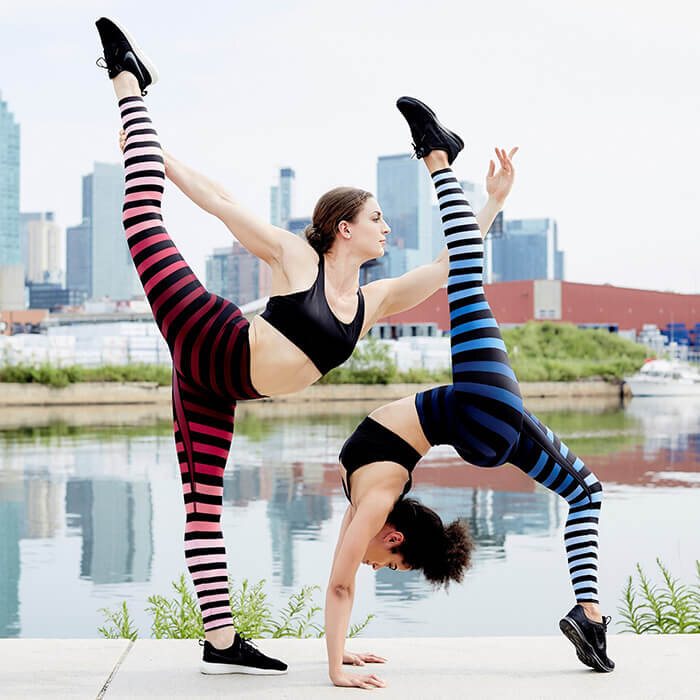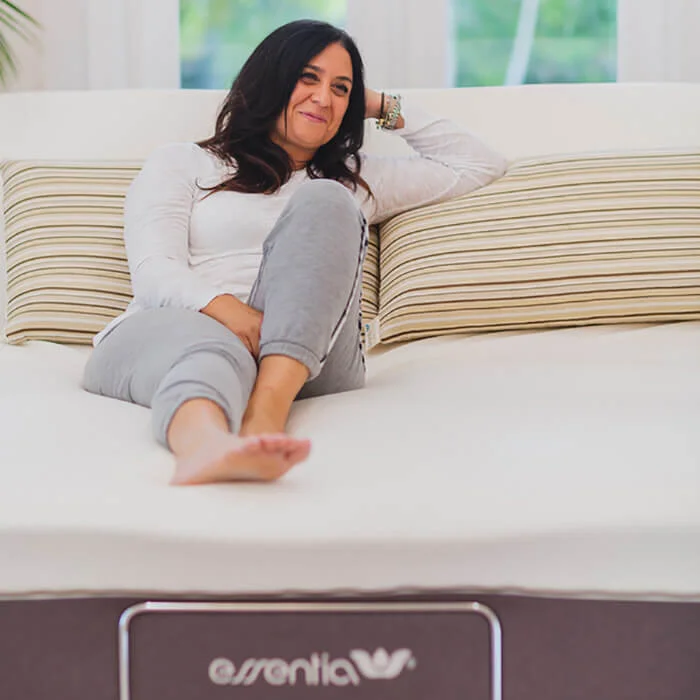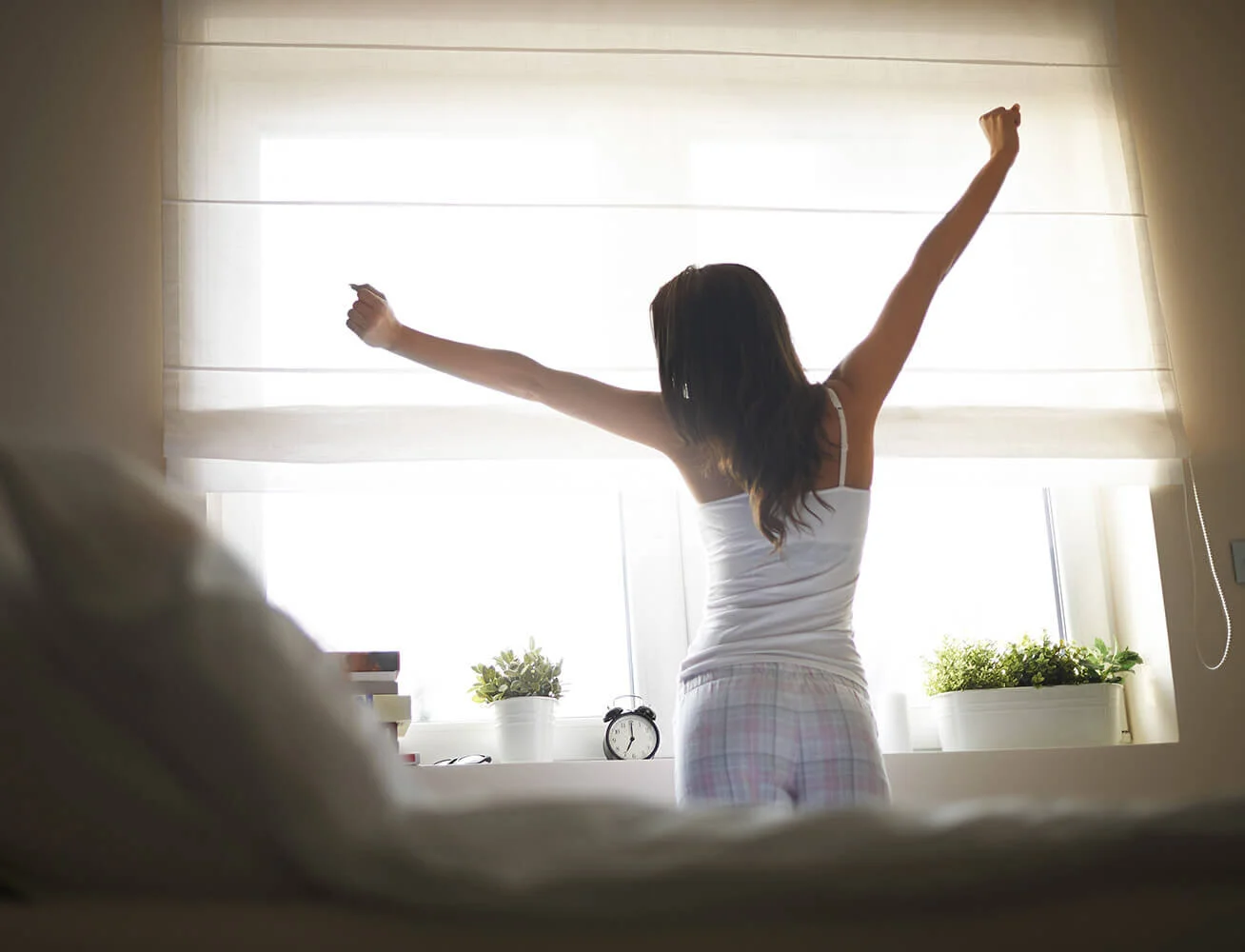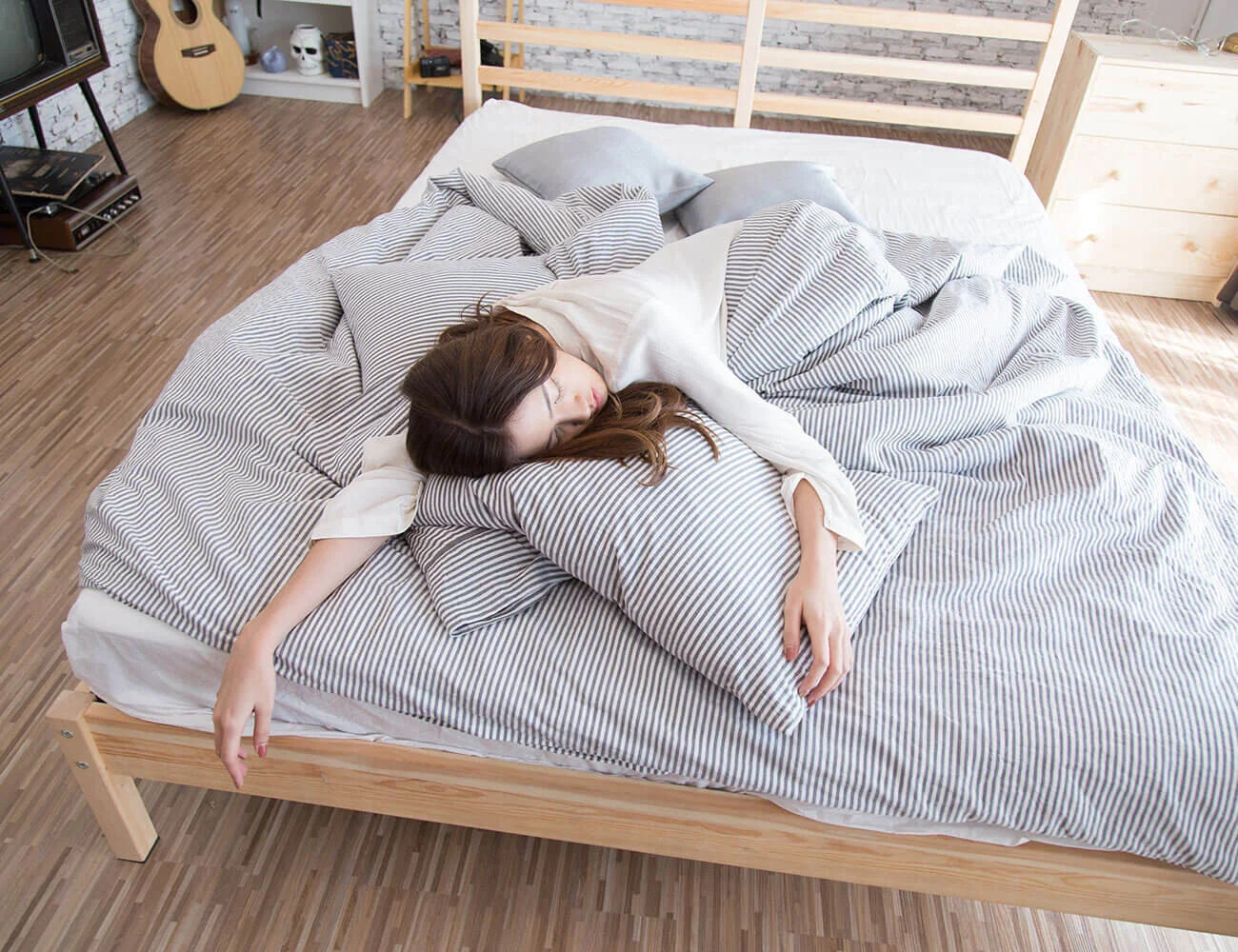A Solid Exercise Program Can Have An Impact On Your Sleep
We all dream of getting better, more restful sleep, but sometimes it feels impossible to achieve. The good news is, you don’t have to rely on sleep aids or medications to enjoy a full night’s rest.
Incorporating the right exercise routine into your daily life can significantly improve the quality of your sleep. Exercise benefits both your body and mind, helping you relax, drift off more easily, and stay asleep longer. Timing and the type of exercise you choose are crucial to harnessing its full sleep-enhancing potential.
With a few strategic adjustments, you can use exercise as a powerful tool for better sleep.
How Exercise May Help You Sleep
Feel Rested With Quality Exercise and Sleep
Before you get into developing a new exercise plan that can help you sleep—it is important to understand the relationship between sleep and exercise and how working out can actually improve your sleep.
Unfortunately, there is no proven directly correlation between what in exercise physically causes your body to get to sleep faster and stay asleep longer. However, there are a few things that we do know about how the two are related.
One of the biggest findings that sleep research has discovered is the fact that aerobic exercise, even moderate aerobic exercise can actually increase the amount of “slow wave sleep” you are able to get at night.
What exactly is slow wave sleep? This is the type of really deep sleep that helps your body and brain rest and restore itself. When you wake up feeling rejuvenated after a night of sleep—you can thank the slow wave sleep that you are getting.
This is why if you are getting plenty of exercise during the day, you may not necessarily sleep more hours, but you may wake up feeling much more rested thanks to this deep wave sleep.
The Timing of Exercise May Matter
When it comes to utilizing exercise for sleep—you may find that success is all in the timing. There are many people who don’t like exercising in the evening (even if it is the most convenient time to work out) because they find it will keep them up at night.
There are two reasons this can happen.
Remember To Give Yourself Two Hours After Exercise Before Bedtime
Exercise Releases Endorphins That Keep You Awake- One of the many reasons we tend to feel good after we exercise is because exercise releases endorphins in the body. Endorphins can make you feel great, but it can also keep the activity levels in your brain up—so much that it can ultimately keep you awake.
If you find that after working out at night, your brain is active and all over the place—the increase in endorphins may be to blame. In these situations, make sure that you give yourself about two hours after you exercise and before you go to bed. This will allow your body to stabilize a little more, allows the endorphin levels to even out—and will give your brain a chance to wind down before heading to bed.Exercise Impacts Your Core Body Temperature- If you are someone who needs to take a hot shower in the morning in order to wake up—the reason behind your habits may actually have to do with your core body temperature. A hot shower will elevate your body temperature slightly, which can actually give you energy and help you feel more awake.
Exercise does the same thing. This is why a lot of people like exercising in the morning and before work so they feel more awake and alert at the office. However, if you are exercising at night and feel more awake and aren’t sure why—it can make getting to sleep more difficult.
Exercise Impacts Your Core Body Temperature
Try moving your workout back about 90 minutes so that your body has a chance to cool down. You may also want to consider working out first thing in the morning.
It will help get you on a schedule throughout your day and may help you feel more tired by the time bedtime rolls around. A sleep/wake pattern is essential for good sleep, so if setting an alarm every morning at 6 AM to work out helps you get in a routine, it may be just what you need to start getting better rest.
However, like most things, there are some exceptions. There are certain people who find that exercising at night actually makes them tired enough to fall asleep at night as they don’t have as restless of a mind or feel as energized from the day to stay up all night.
This isn’t true for everyone, but if you prefer exercising at night, you may find that it can help you with your sleep. The best thing you can do is listen to your body and see for yourself what changing your sleep timing can do for you.
How Much Exercise You Need for Better Sleep
Exercise Can Help You Feel Better During The Day and Night
There are a lot of people who pay close attention to the timing of their exercise when it comes to getting better sleep—but you should also pay attention to how much exercise you are getting every day. The good news is, you don’t need to be running marathons in order to get enough sleep to help you drift off at night.
You just need to make sure that you are getting at least 30 minutes of moderate exercise a day to start seeing a difference. Some people may need a little more to really start enjoying the benefits, especially if they are sedentary most of the day or really struggling with their sleep.
The key is simply consistency. And a great way to make sure that you are consistent with your everyday exercise so that it can help you sleep is to pick an exercise that you like so you do it every day.
Type of Exercise For Better Sleep
Ready to start some new exercises for better sleep? You should aim for 30 minutes of cardio per day if you can. This can even include walking or casual biking. Cardio is great for improving sleep—but there is even more that you can do if better rest is your ultimate workout goal. Consider these common exercises. They are all great for those who want to work out more to sleep better.
Pilates
Pilates is another great form of exercise to help you sleep
Pilates is one of those forms of exercise that has endless lists of benefits. However, while many people know Pilates is great for toning and trimming down, it is also a great exercise for sleep as well.
Joseph Pilates, the founder of this form of exercise, suggests using light covers, a firm mattress, thin pillows and a cool and dark room to get great sleep. He also suggests that when you can’t sleep, you should consider gentle spinal rolling exercises that are common in the Pilates. practice.
These exercises will help relax your nerves, massage your spin and get you ready for sleep. There are a lot of “rolling” exercises in beginner Pilates classes and they can all help relax you when you are trying to get to sleep.
Yoga
Yoga Exercises Another Great Exercise Routine For Sleep
Yoga has been around for hundreds of years, and there are so many great studies on all of the outstanding health benefits associated with yoga. There have even been studies on yoga and how it can improve serious sleep disorders like insomnia.
If you are struggling with sleep at night, consider doing 45 minutes to an hour of yoga per day and make sure you are taking a class that focuses on meditation and breathing. This will help you gain better mind and body control and help you get in a more relaxed state that will help you sleep better, sleep longer and fall asleep quicker.
You can do yoga any time you want during the day, but there are many people who find that they really enjoy yoga as a pre-sleep workout.
Stretching
Stretching is a great gentle exercise to incorporate in your daily routine
Much like yoga, stretching is a great, gentle exercise to try at night before you fall asleep. There are so many benefits of stretching and many of them can help you with your sleep.
If you are struggling to sleep because you feel like your mind is racing or you struggle to get comfortable before you go to bed—then pre-bed stretching can help. Stretching will help release tension, it can help with stress management and it can help those sore and tired muscles feel more relaxed at night.
This is particularly helpful if you are sore from sitting in an office chair all day and find laying down to be quite uncomfortable.
Your stretching doesn’t have to be intensive, just 15-20 minutes before bed. Plus, it won’t raise your body temperature or heart rate, so you don’t have to worry about a pre-bed stretch keeping you up.
Self-Massage
While it may not be the most traditional of exercise, self-massage is a great way to help get your body ready for bed. If you are struggling to get to sleep, or if you find you are struggling with insomnia in the middle of the night, consider self massaging these areas:
The crease on your outer wrist below your pinkie finger. Massage gently in a circular motion for 2-3 minutes. It can help quiet the mind until you fall asleep.
The sole of your foot. Massage the sole of your foot firmly in an up and down motion for a minute to stimulate this important pressure point. It is known to induce sleep.
Behind the neck. If you feel the two mastoid bones behind your ears and follow the muscle to where it attaches to the skull—you have found the wind pool. This area is important and sensitive and deep massages can help you with better breathing, reducing stress and calming the mind.
Try these easy self-massage approaches at night and see if they help you drift off when you can’t sleep.
Relaxation Exercises
Relaxation Exercises Help You Sleep Better
If you have never tried relaxation exercises, there is no better time than the present to give them a try. This is especially true for those who can’t sleep because of stress or anxiety. While there are a few different approaches to relaxation exercises, the best thing you can do is try a form of guided meditation to help you sleep.
These sleep-centered relaxation exercises are simple and powerful and designed to help you reduce stress, focus on breathing and getting ready for sleep.
There are many different guided relaxation meditation programs out there, and many you can simply download right on your phone—you just need to be willing to give them a try. If you find success with a simple, relaxation meditation, then you can build to other more specified forms of relaxation exercises, but starting with simple, lying meditation is a great way to build a base.
Adding Exercise To Your Daily Routine Is A Great Place To Start To Get Better Sleep
If you have been struggling to get enough sleep at night—there is a safe and natural alternative that can really help. Adding exercise to your routine when you currently do not exercise enough is a great start, and you can also look into changing your exercise plan or even working our earlier in the day—all in an effort to help you sleep better.
There is real research behind the link between exercise and sleep, you just need to know the right changes you should make to take advantage of what the right exercise has to offer.
Jessica Lauren is Founder, contributing Author and Owner of Citrus Sleep. Citrus Sleep is an online publication that highlights brands, sleep products, women’s fashion, subscription services and ideas creating positive social change and promoting a healthy lifestyle. After spending nearly a decade working in PR and marketing for several brands and startups, Jessica knows what truly drives conversions, sold-out launches and guest posts.
Follow Jessica at @jessicalaurencs | Jessica Lauren


